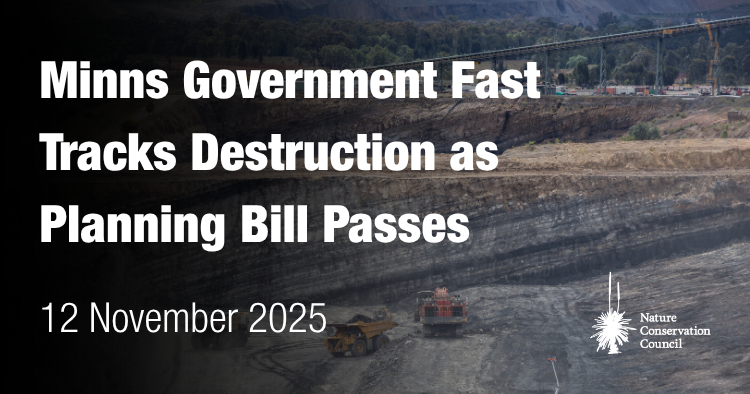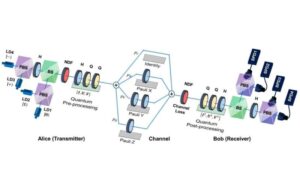
The New South Wales (NSW) government has passed the **Environmental Planning and Assessment Amendment (Planning System Reforms) Bill 2025**, a move that has drawn sharp criticism from environmental advocates. The legislation, which was approved in Parliament on **November 11, 2025**, is viewed by many as a setback for environmental protections in the state.
According to the **Nature Conservation Council (NCC)**, the leading environmental organization in NSW, the bill will significantly weaken safeguards that protect the environment and accelerate the destruction of natural habitats. **Jacqui Mumford**, CEO of the NCC, expressed her concern, stating, “This is a deeply regressive step. NSW is facing an extinction crisis and worsening climate disasters, yet the government’s response is to make it easier to destroy nature faster.”
While the bill did undergo some amendments from independent and opposition lawmakers, significant changes remain that could adversely affect the environment and communities. Legal experts have raised alarms about increased risks of corruption, diminished transparency, and the sidelining of environmental and climate considerations.
One of the most contentious aspects of the bill is the introduction of a new **TAD pathway**, which permits the Minister or Department to classify specific types of development for streamlined approval. This provision could bypass assessments related to environmental impacts, public interest, or site suitability. Critics argue that despite government assurances that the reforms are intended to expedite housing delivery, they also facilitate quicker approvals for mining and energy projects.
Premier **Chris Minns** emphasized the government’s aim to make NSW the most efficient state for project development during his remarks at the **Sydney Investment Summit**. He stated, “We are in the process of making NSW the quickest, the easiest, the most direct state to develop and realise big projects in.” In response, Mumford criticized this approach, saying, “Being the quickest state to approve harmful projects is nothing to be proud of.”
Mumford further articulated the potential consequences of the new legislation, asserting that it represents a significant regression in environmental protection. “This Bill is a gift to Minns’ developer and mining mates and is now a new front in the fight for environmental protection, as the impacts of this bill roll out,” she added. “This is going to set environmental protection in planning decisions back decades.”
The NCC highlights the urgent need for a planning system that prioritizes environmental health rather than developer profits. The organization is calling on the government to engage in broader consultations regarding the regulations and planning policies that will implement the new bill.
As the implications of the **Planning System Reforms Bill** unfold, many in the community remain vigilant, advocating for a balanced approach that protects both the environment and the needs of the population. The state of the environment report has already issued stark warnings about the ongoing decline of nature in NSW, and advocates fear that these new reforms will exacerbate existing challenges.






